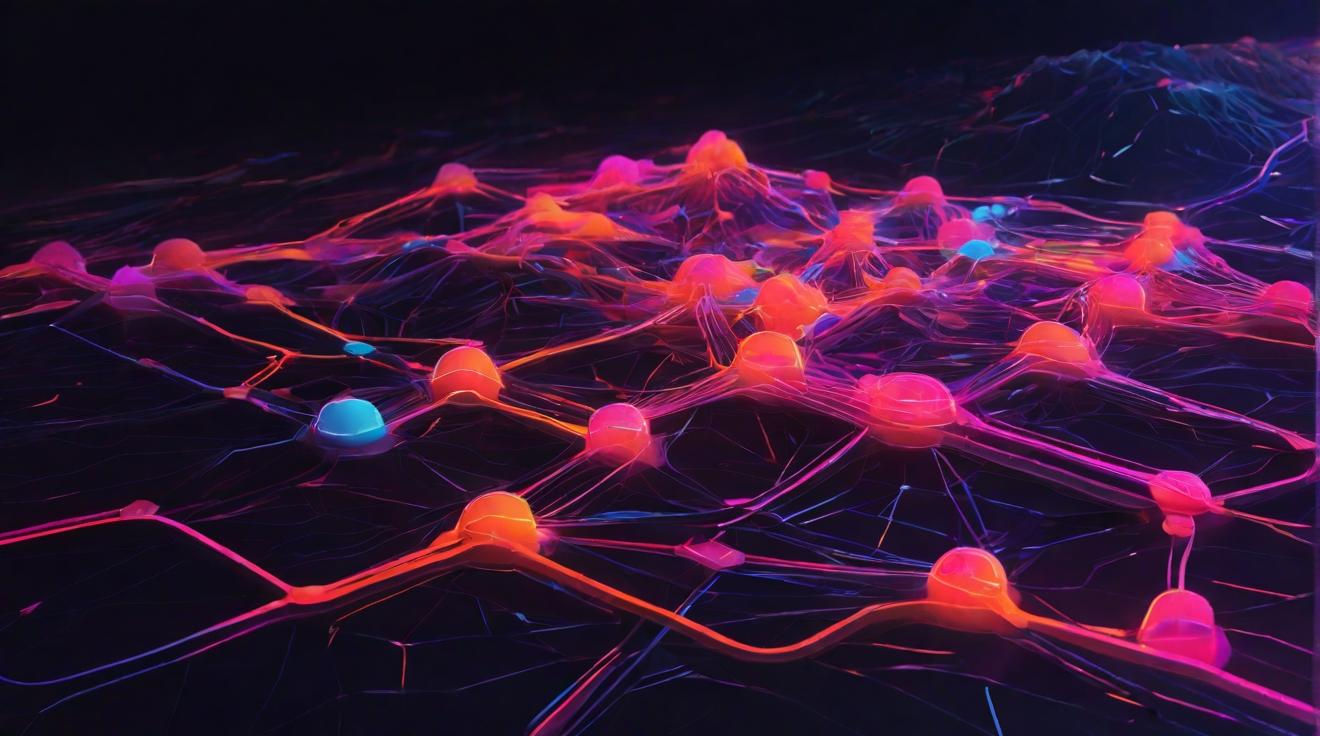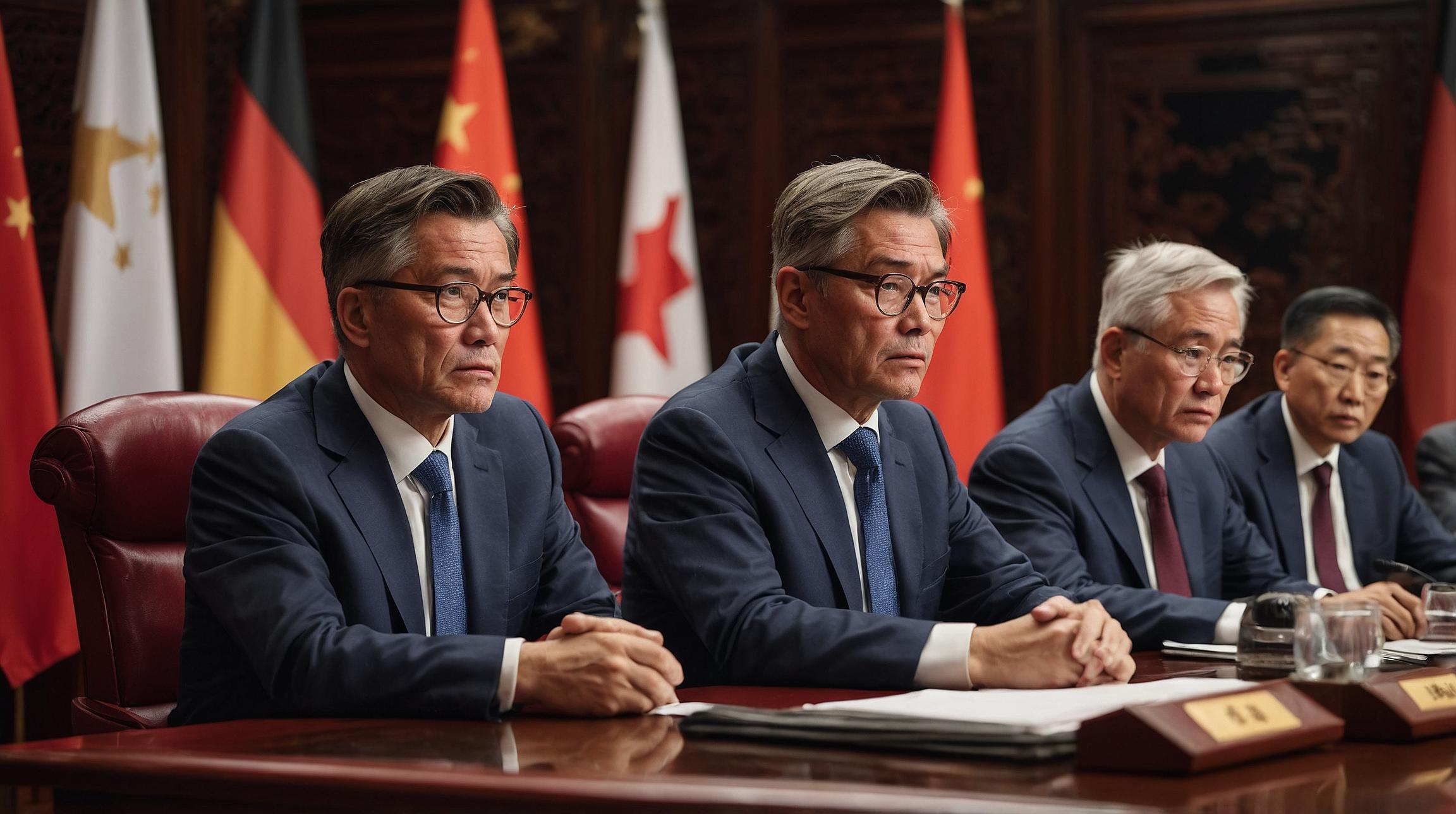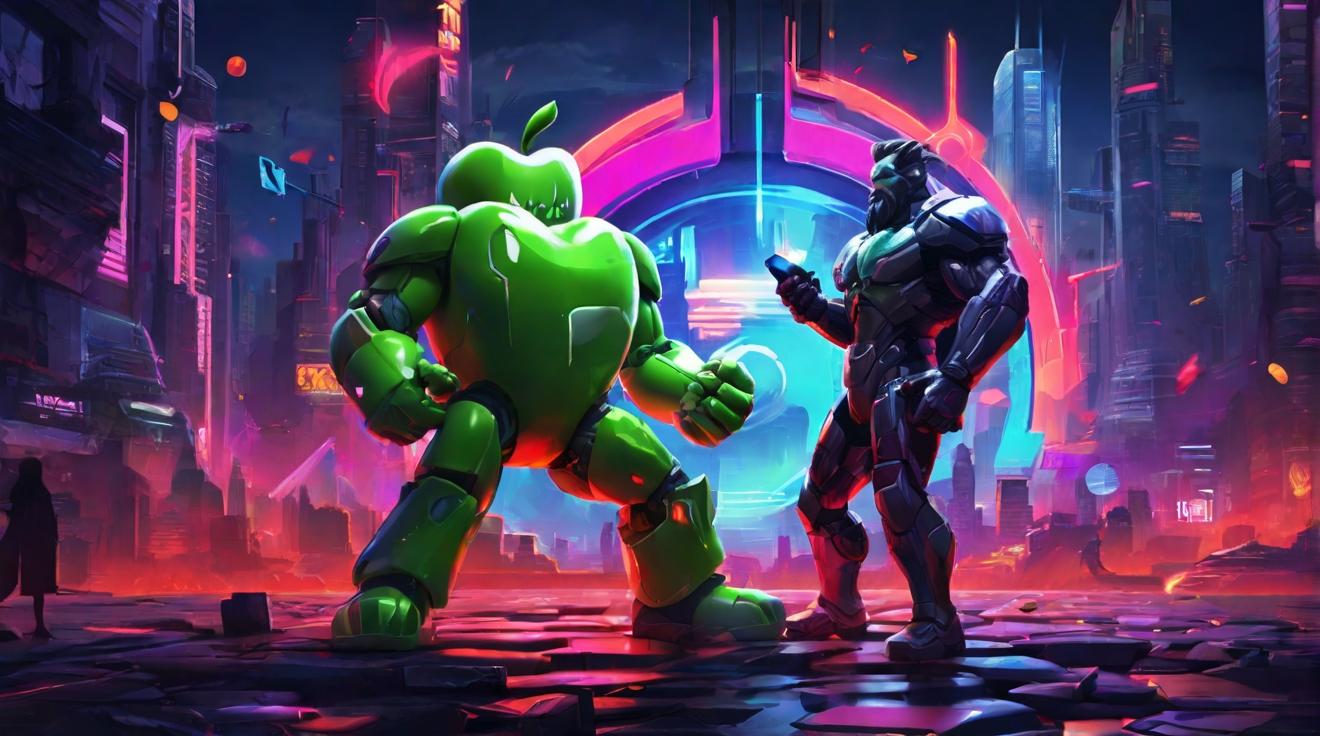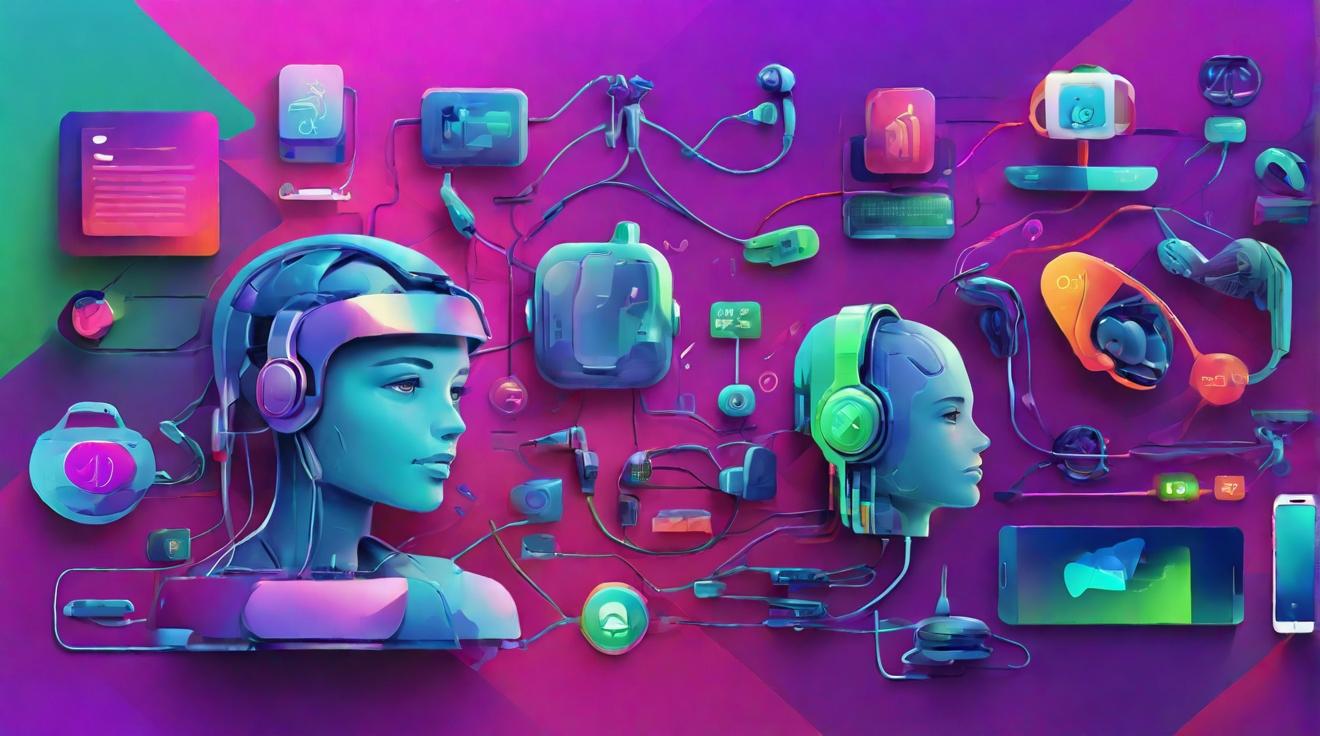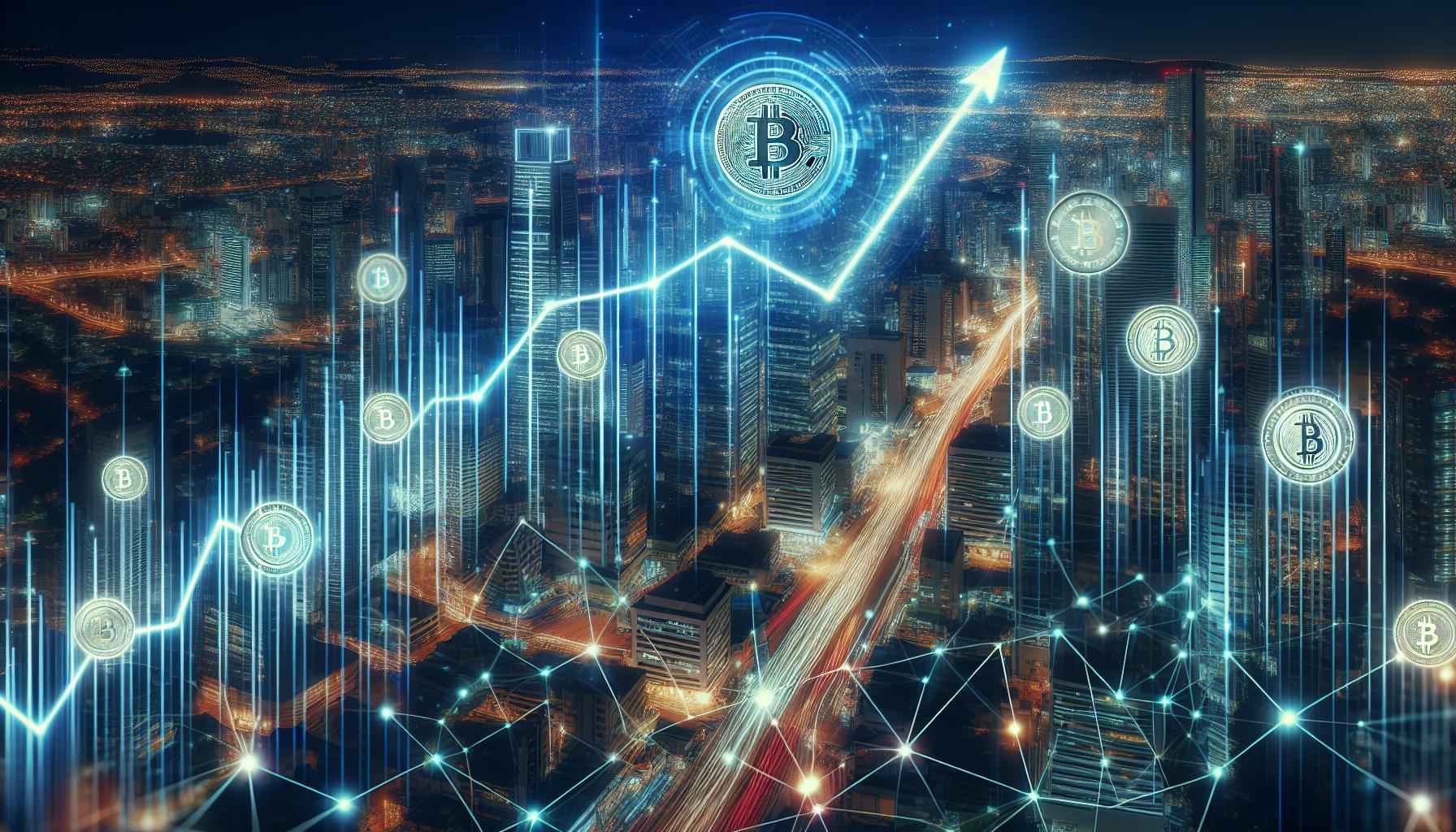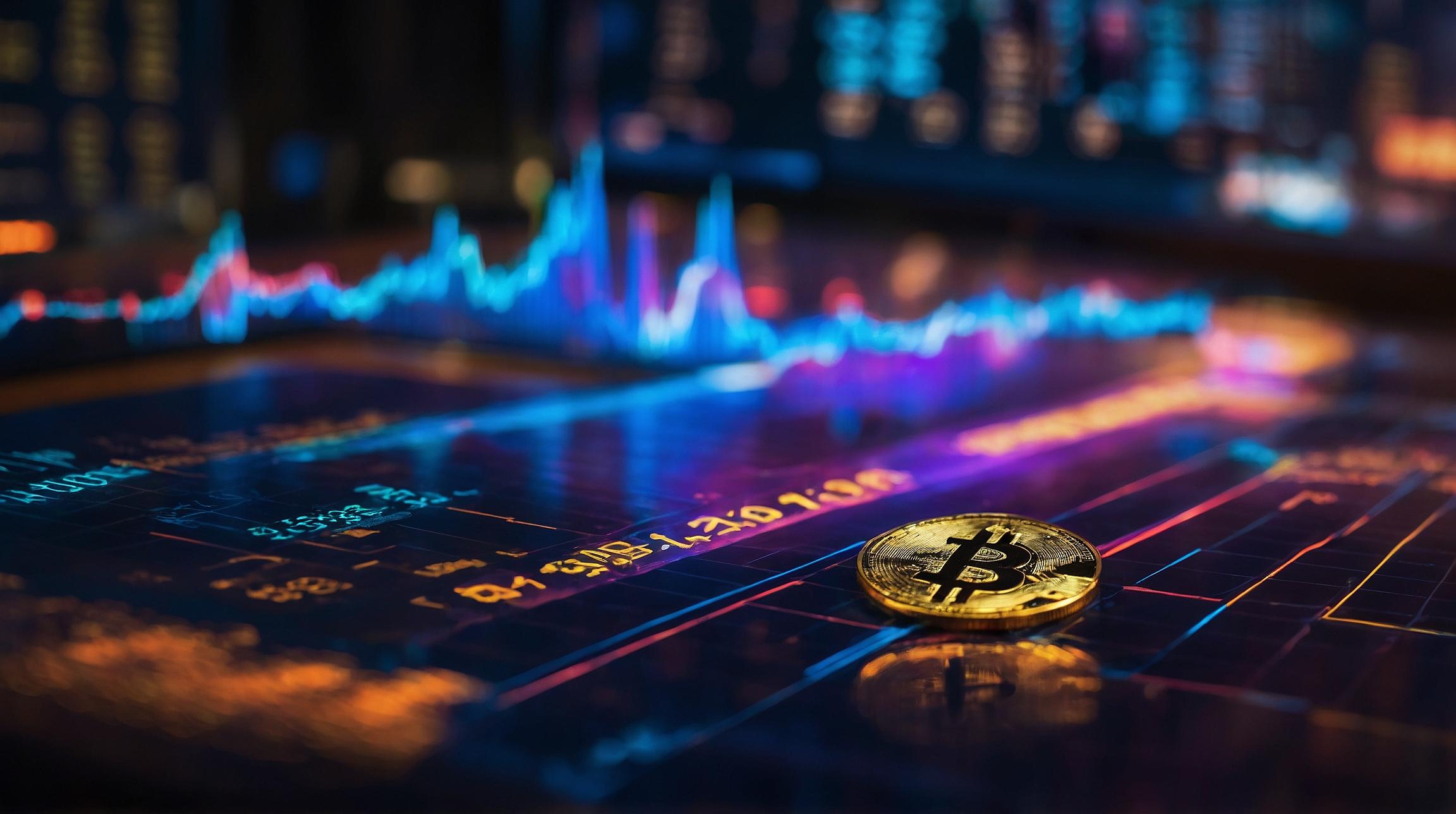Unraveling the Potential of DAOs: A New Era of Decentralized Governance
Decentralized Autonomous Organizations (DAOs) are emerging as a groundbreaking concept in the realm of decentralized governance. With the advent of blockchain technology, DAOs are providing a new way for communities and organizations to make decisions collectively, without the need for centralized authorities. This paradigm shift has the potential to revolutionize governance structures, allowing for greater transparency, inclusivity, and efficiency. The rise of DAOs signifies a new era of decentralized decision-making, where power is distributed among the participants, enabling them to shape the future of their organizations.
Understanding the Mechanisms behind DAOs: Decisions in the Hands of the Collective
DAOs operate on the principle of collective decision-making, where every participant has a say in the governance process. The decision-making mechanisms of DAOs are typically implemented through smart contracts on blockchain platforms. These smart contracts serve as the underlying framework that enables participants to propose, vote on, and execute decisions autonomously. By utilizing blockchain technology, DAOs ensure transparency and immutability of decisions, as every transaction is recorded on a public ledger. Furthermore, DAOs often employ token-based voting systems, where participants’ voting power is determined by the number of tokens they hold. This mechanism incentivizes active participation and aligns the interests of individuals with the collective goals of the organization.
Breaking Down Blockchain-based Governance: How DAOs are Revolutionizing Decision-Making
Blockchain-based governance, as exemplified by DAOs, is revolutionizing decision-making by eliminating the need for intermediaries and centralized authorities. Traditional governance structures often suffer from issues such as corruption, inefficiency, and lack of inclusivity. DAOs address these challenges by providing a transparent and decentralized framework that empowers participants to directly influence the decision-making process. Additionally, the use of blockchain technology ensures that decisions are recorded and executed in a secure and tamper-proof manner. This not only enhances trust among participants but also makes it easier to audit and track the decision-making process.
Navigating the Complexities of DAO Governance: Challenges and Opportunities Ahead
While DAOs offer numerous advantages, they also present certain challenges and complexities. One significant challenge is creating a governance framework that balances the interests and values of all participants. Ensuring the fairness and inclusivity of decision-making is crucial to maintain the integrity of DAOs. Furthermore, legal and regulatory frameworks lag behind the rapid development of DAOs, posing challenges in terms of compliance and accountability. However, these challenges also present opportunities for innovation and collaboration. DAOs have the potential to drive the development of new legal and regulatory frameworks that are better suited to the decentralized nature of these organizations.
The Future of Governance: Exploring the Potential Impact of DAOs on Society
The rise of DAOs has the potential to revolutionize governance not only within organizations but also in society as a whole. By empowering individuals to actively participate in decision-making processes, DAOs can foster a more inclusive and democratic society. The transparency and accountability inherent in DAOs can also lead to increased trust in institutions and reduce corruption. Moreover, DAOs can enable the efficient allocation of resources by allowing for decentralized decision-making that takes into account the collective wisdom of the participants. As DAOs continue to evolve and gain traction, it is likely that they will have a profound impact on the way societies are governed, reshaping power dynamics and creating a more equitable future.





